T4K3.news
Hamas Signals Willingness to Ease Demands as Talks Resume
Arab mediators report Hamas is willing to soften some demands, but major gaps on disarmament and hostage releases keep talks fragile.

Arab mediators report Hamas is willing to soften some demands, while major gaps on disarmament and hostage releases keep talks fragile.
Hamas Signals Willingness to Ease Demands as Talks Resume
Hamas negotiators in Cairo signaled a willingness to come down from demands that helped derail talks in Doha last month, according to Israeli officials and Arab diplomats cited by The Times of Israel. Israel has tied an end to the war to full compliance with its terms, including the release of all 50 remaining hostages, Hamas disarmament, and the demilitarization of Gaza. Arab mediators describe the disarmament demand as a poison pill that would require ongoing military operations to verify compliance.
Egyptian and Qatari mediators plan to resume talks on Saturday with the aim of presenting a softened proposal closer to the framework recently authorized by the United States and Israel. Israel insists that progress also means no governance role for the Palestinian Authority in Gaza. The plan envisions a 60-day truce during which 10 living hostages and 18 bodies would be released in exchange for Palestinian security prisoners and agreed-upon security arrangements.
Key Takeaways
"This is a poison pill"
Arab mediators describe the disarmament demand as a blocking condition
"a gradual approach to dealing with Hamas’s weapons"
Mediators prefer incremental steps over a big, verifiable change
"If the sides hold successful negotiations during the envisioned 60-day truce it could turn into a permanent ceasefire"
Possible long-term peace if the deal endures
"Netanyahu will decide whether to retreat from his declarations that he will no longer accept partial deals"
Israeli political calculus shaping the talks
The move shows mediators trying to shift from big, decisive concessions to a slower, verifiable path. If a gradual approach stands up to scrutiny, it could reduce immediate risk while giving negotiators space to build trust. Yet the headlines about partial concessions also highlight a core tension: Israel seeks comprehensive security guarantees and a future governance framework, while Hamas and its backers want real political leverage. The Palestinian Authority’s governance role in Gaza becomes a structural brake that could stall any deal, even with a softening stance on hostilities. The 60-day window is both a test and a wager—trust must be verified, humanitarian channels must function, and both sides must see tangible gains before open-ended peace talks resume.
Highlights
- Hamas signals a willingness to scale back demands
- The disarmament demand is a poison pill
- A 60-day window tests trust more than weapons
- Mediators push for a gradual path with PA backing
Political and security risk in stalled talks
The hostage situation, governance disputes in Gaza, and disarmament verification create a high-risk negotiation with potential for renewed violence and regional backlash.
Trust is the real currency in this stalled effort.
Enjoyed this? Let your friends know!
Related News
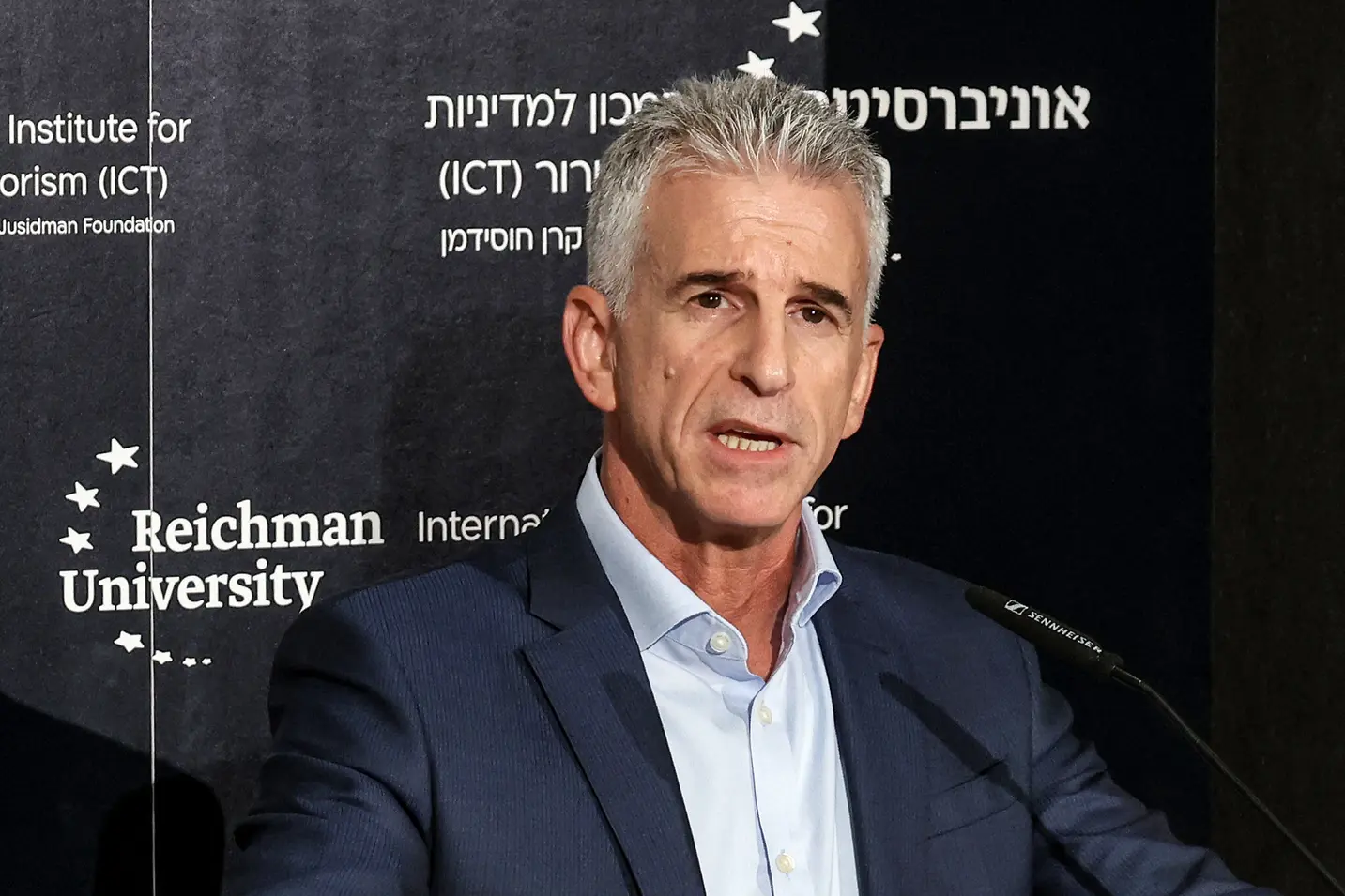
Mossad chief in Doha signals shift on hostage talks
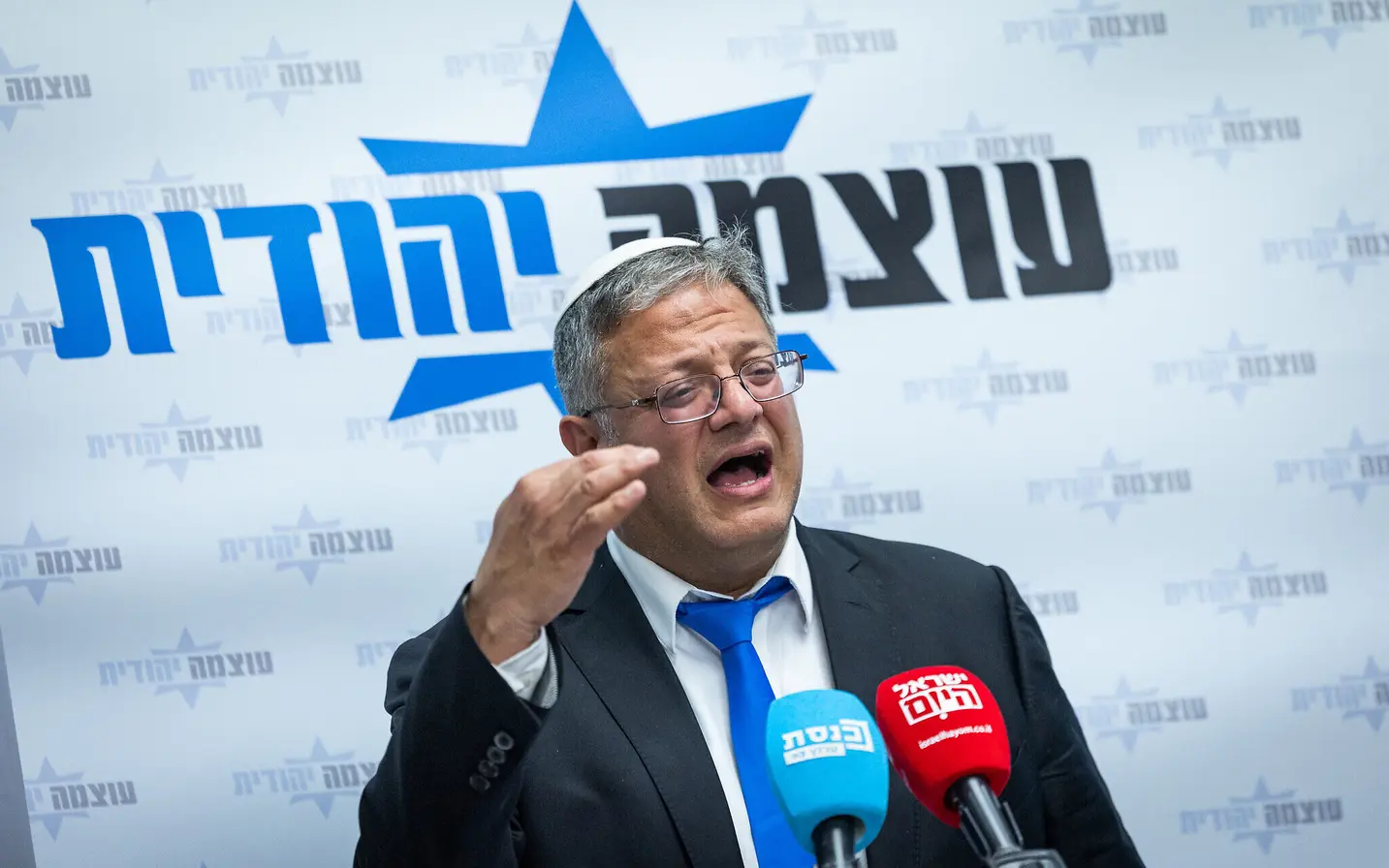
Hamas shows willingness to negotiate as Israeli hawks resist
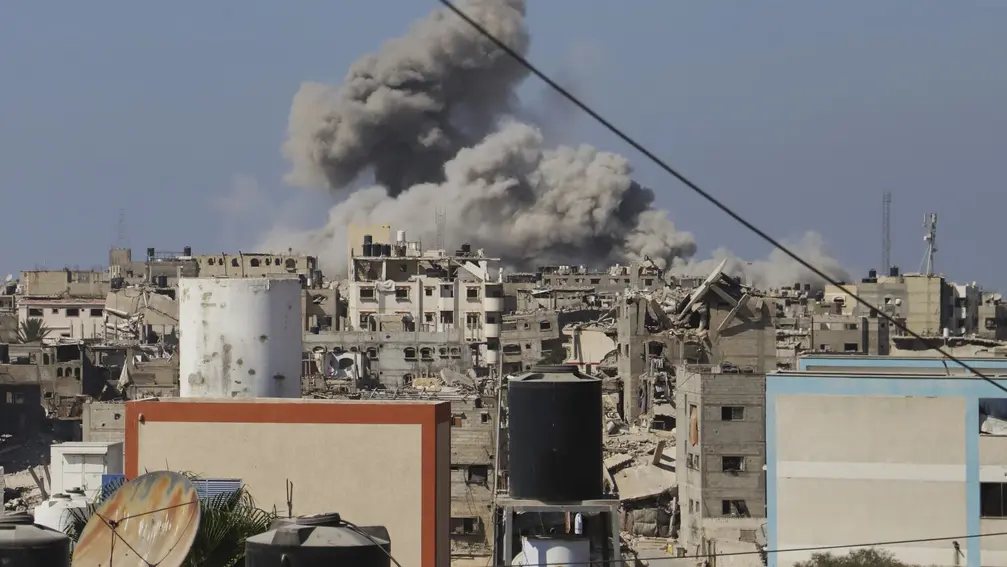
Ceasefire talks under pressure
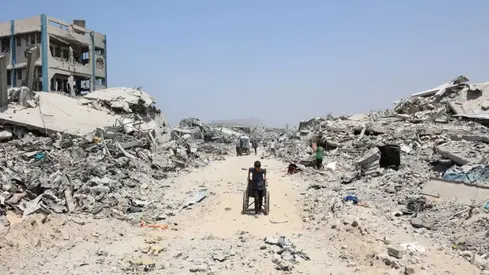
Ceasefire talks show new momentum
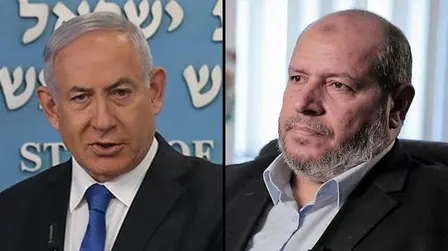
Hamas shows new willingness in hostage talks as Israel eases humanitarian policies
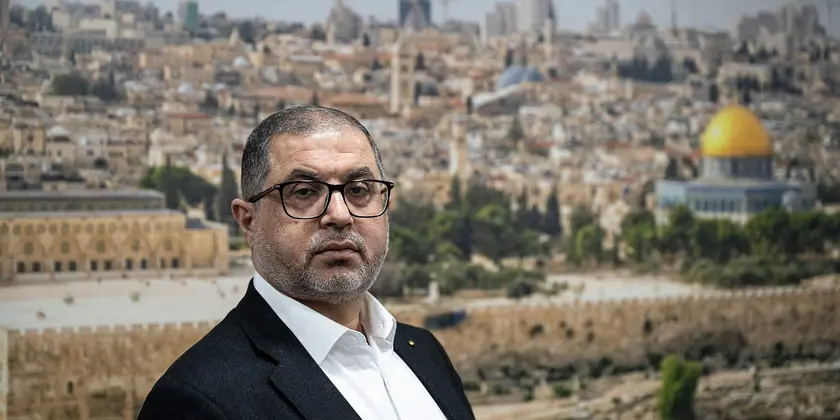
Hamas backs talks on end to Gaza war

US envoy Witkoff returns to the region amid negotiation efforts

Netanyahu says alternatives to ceasefire talks with Hamas considered
